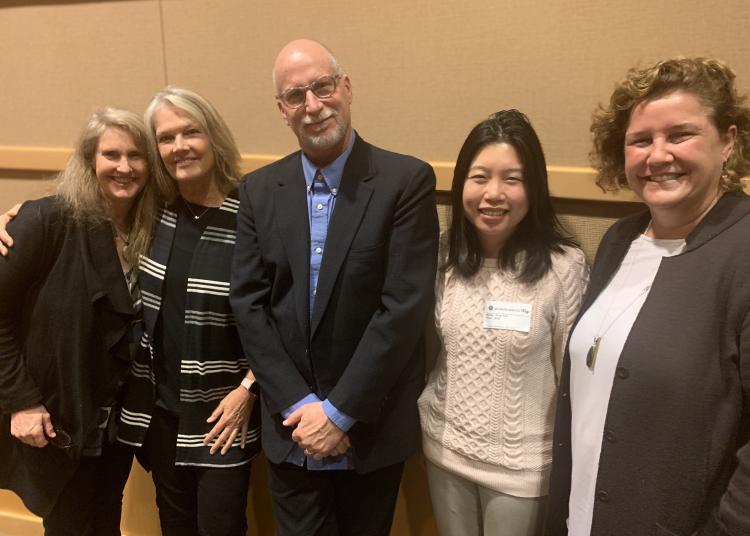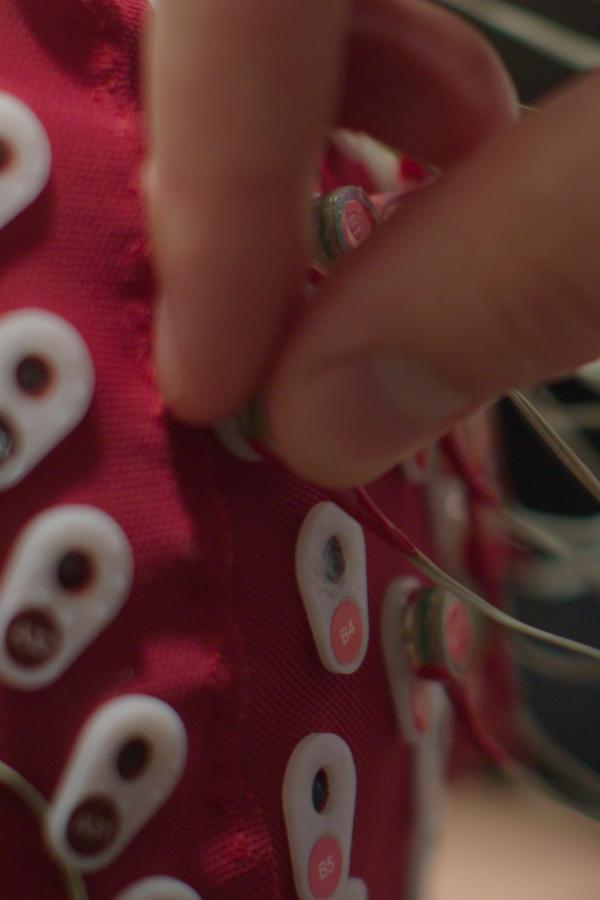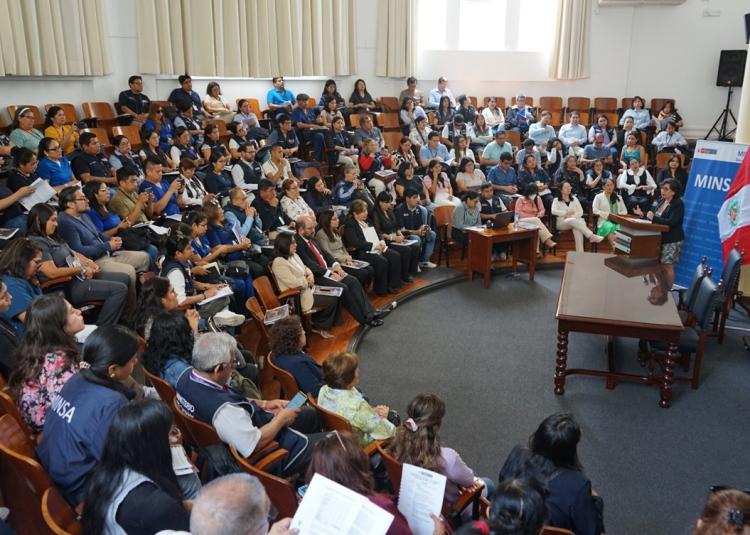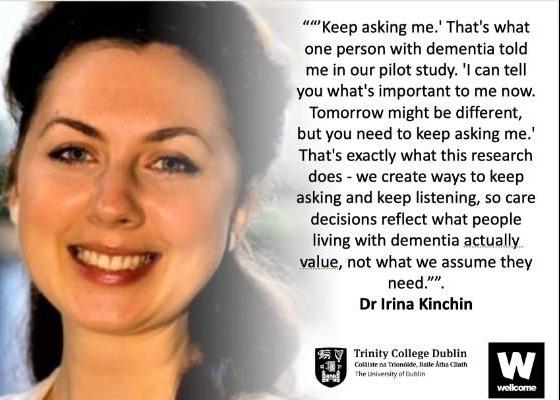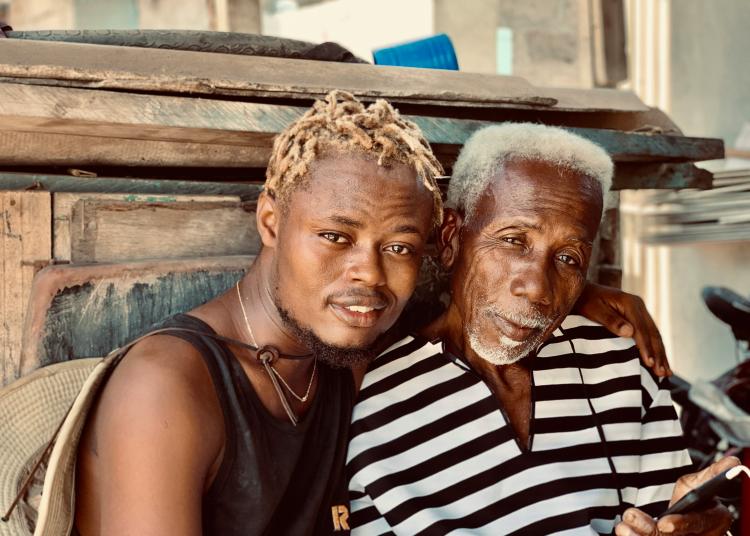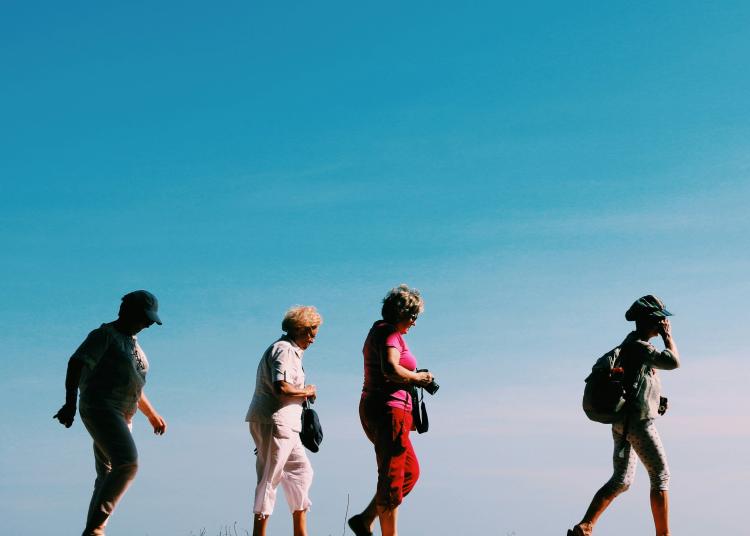Overview
GBHI Projects are intended to create a unique training environment for the Atlantic Fellows for Equity in Brain Health. They are awarded based on mission alignment, potential for fellow engagement, and ability for growth and leveraged funding opportunities. Typically implemented at founding sites, projects are led by GBHI faculty and community members and aspire to use innovations and collaborations to tackle ambitious, complicated challenges.
We’re going to work on this until patients across the world are getting better dementia care.
Impact
In the first five years of the GBHI Project Awards Program, 12 projects have been awarded a total of $2.1 million, and in turn, secured $22 million in leveraged funding further expanding their reach and implementation efforts. Project leads have successfully included 92 Atlantic Fellows in implementation efforts, contributing to a robust learning experience and strong mentorship opportunities. Early indicators of impact and success also include 24 publications in leading journals and media coverage from 23 diverse media outlets.
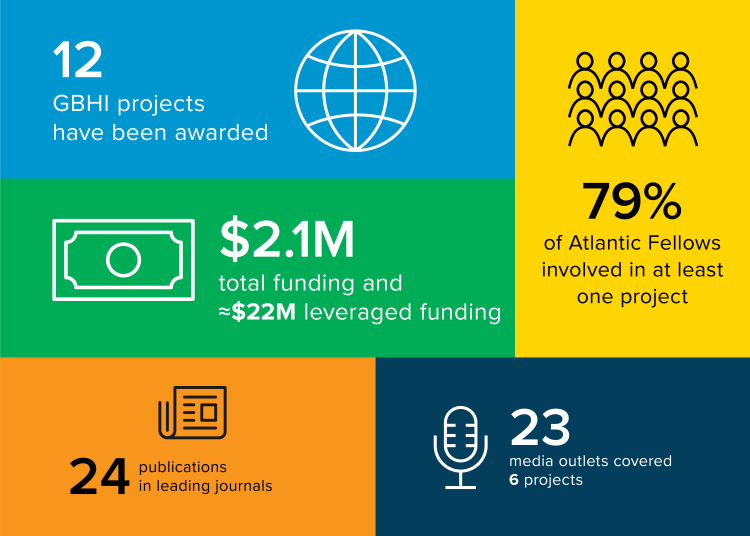
Care Ecosystem
In dementia, the needs of the patient are complex and often include medical, social, legal, and financial challenges. The Care Ecosystem model includes care team navigators, clinicians with dementia expertise—including nurses, pharmacists, and social workers—and care protocols. The telephone and internet-based interventions are designed to help health systems and clinics provide better care to the growing population affected by dementia and their caregivers. As the biggest non-drug randomized clinical trial ever conducted for dementia, Care Ecosystem is redefining dementia care.
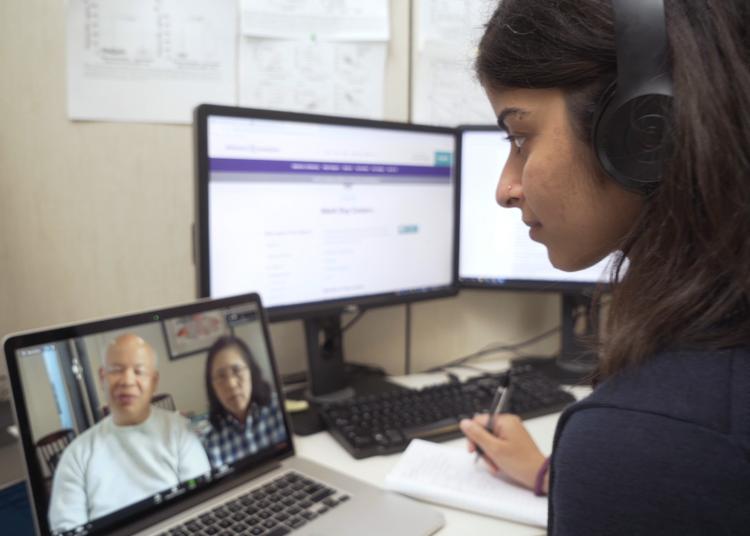
Neureka
The Neureka project is developing gamified versions of cognitive tests. The smartphone app, called neureka, is a collection of research studies delivered through brain games and self-reflection challenges that allows users to have fun and learn about themselves, while also playing a major part in cutting edge scientific research. Among several research studies delivered through the app, one will help the team at GBHI to identify modifiable risk factors for disorders of the mind – things that individuals and policy-makers can do to prevent people from developing these potentially devastating conditions.
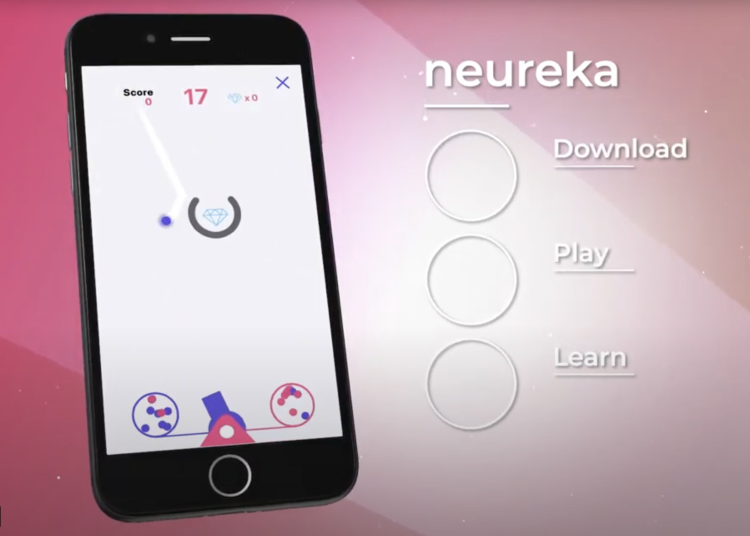
hear/say
The hear/say project aspires to help others see the meaning and beauty in the experiences of others – for the stories, and the feelings that drive them, to ripple outwards to a global community that recognizes the need for action and empathy in caring for our aging population. The project goal is to forge space for patients, caregivers, doctors, family members, researchers, nurses, artists, and more to share stories of aging, dementia, and life. The hear/say team has produced two volumes of stories, a documentary film, and regularly hosts reader’s theater events.
